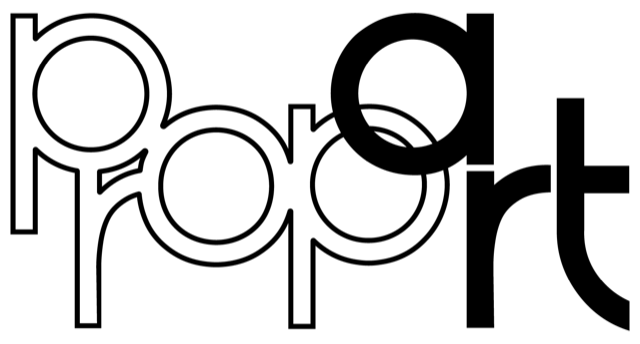Could there be works of art that are (either primarily or predominantly) proprioceptive in nature: i.e., that have the perception of one’s own bodily movement, position in space, balance, muscle tension, pain, temperature, energy and stress levels, etc., at their core? Bringing together experts of different disciplines – especially philosophy of art, aesthetics, and art history – the workshop is meant to connect researchers joined by an interest in the phenomenon of proprioception and its relevancy in the art world.
More information are avilable here.


